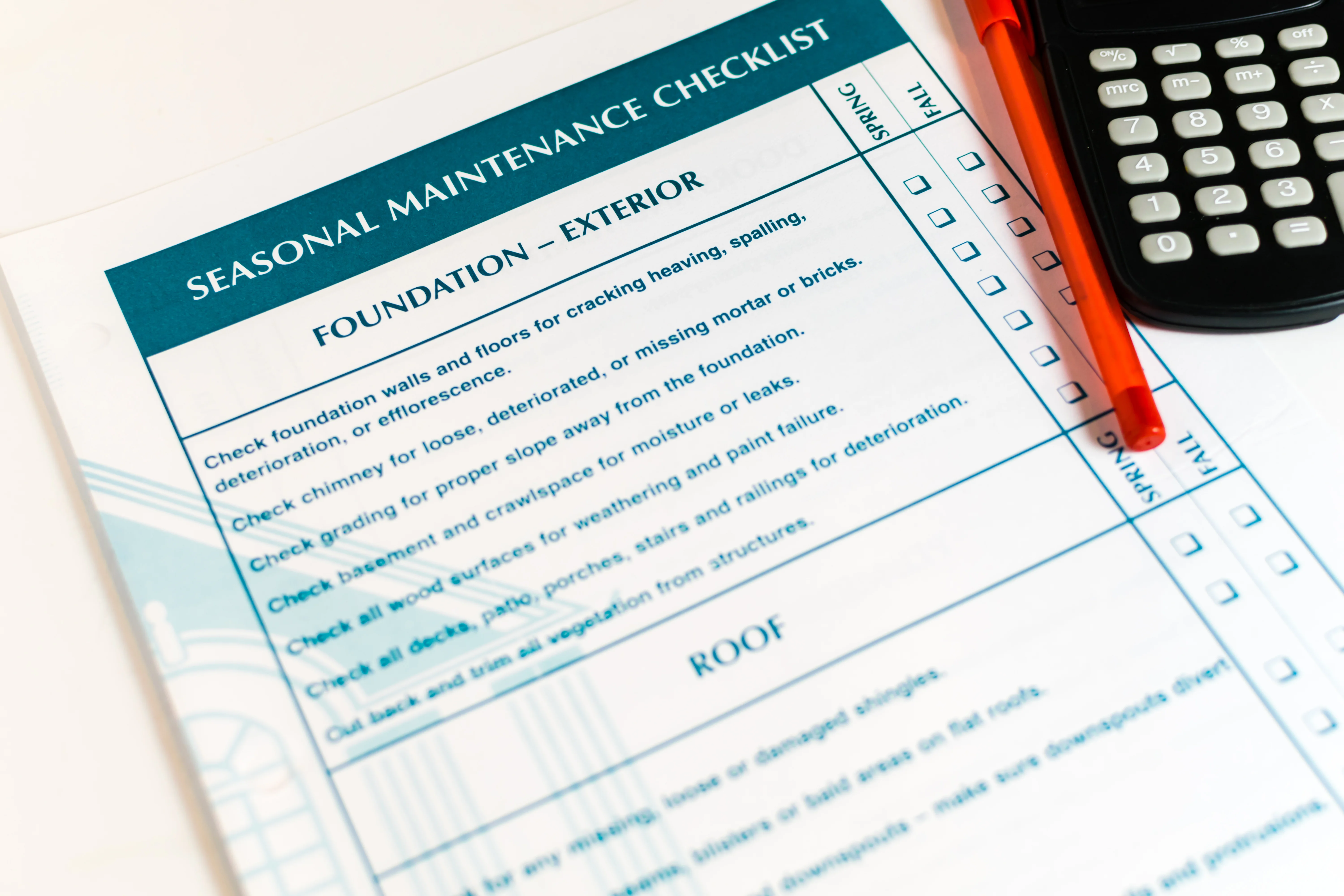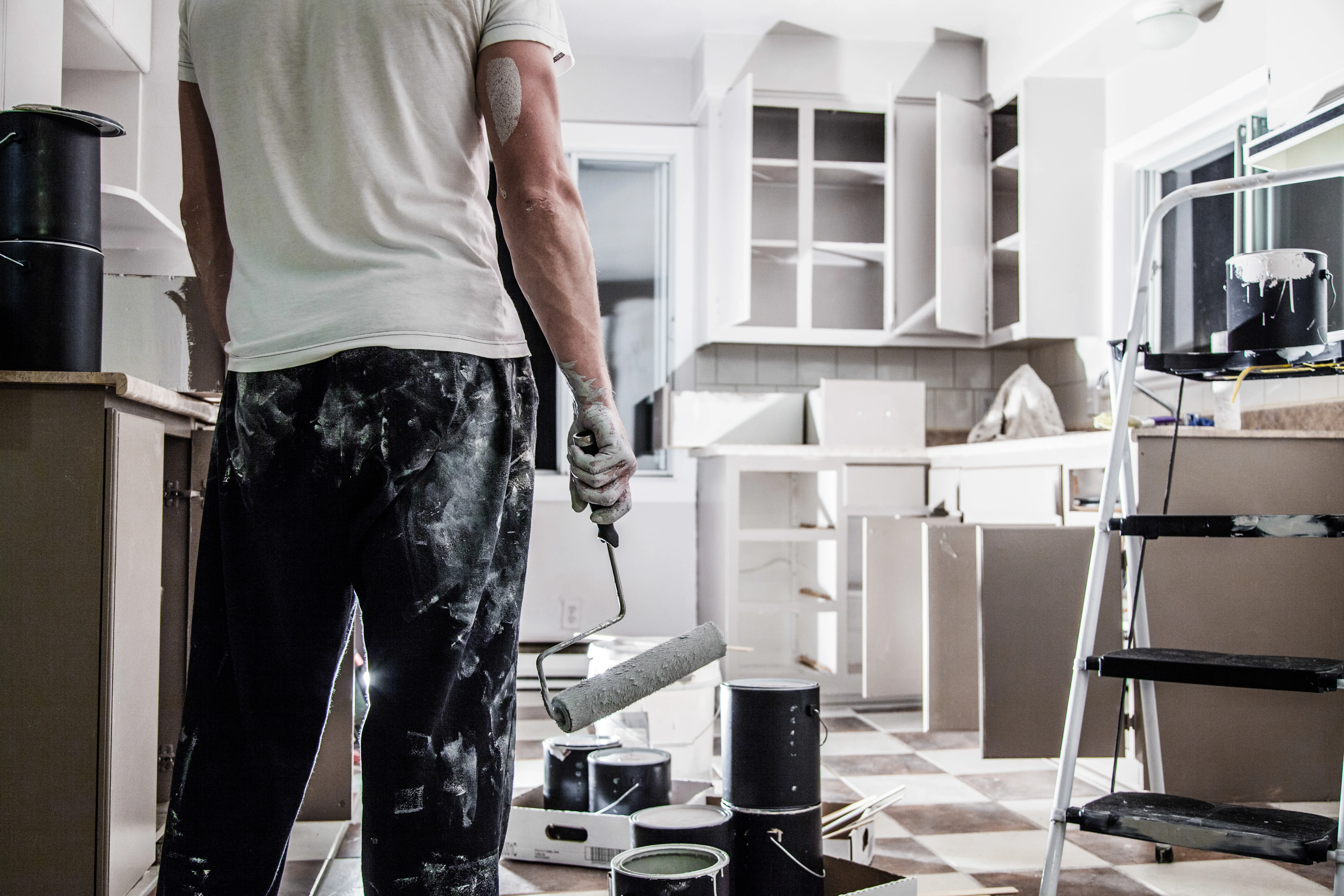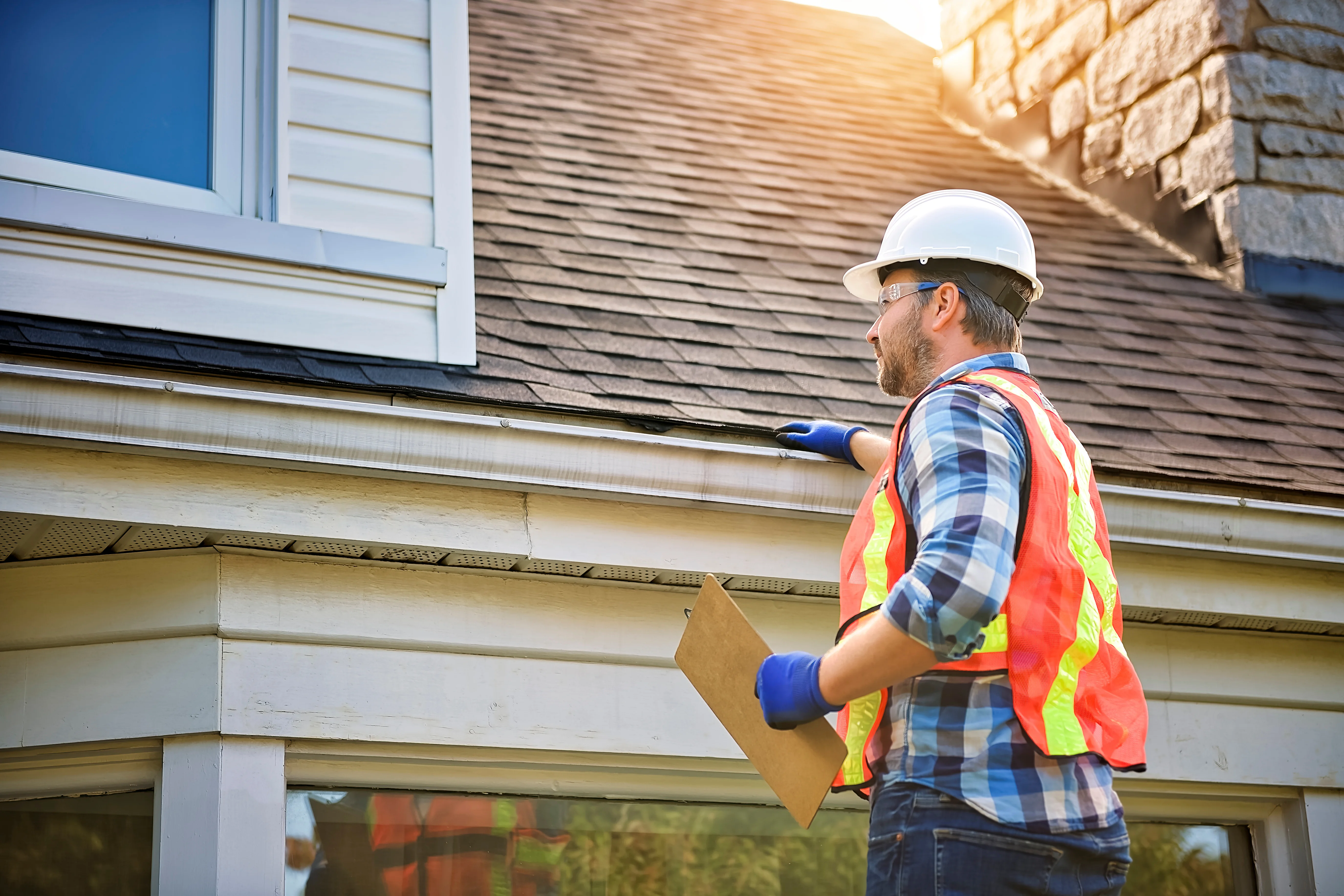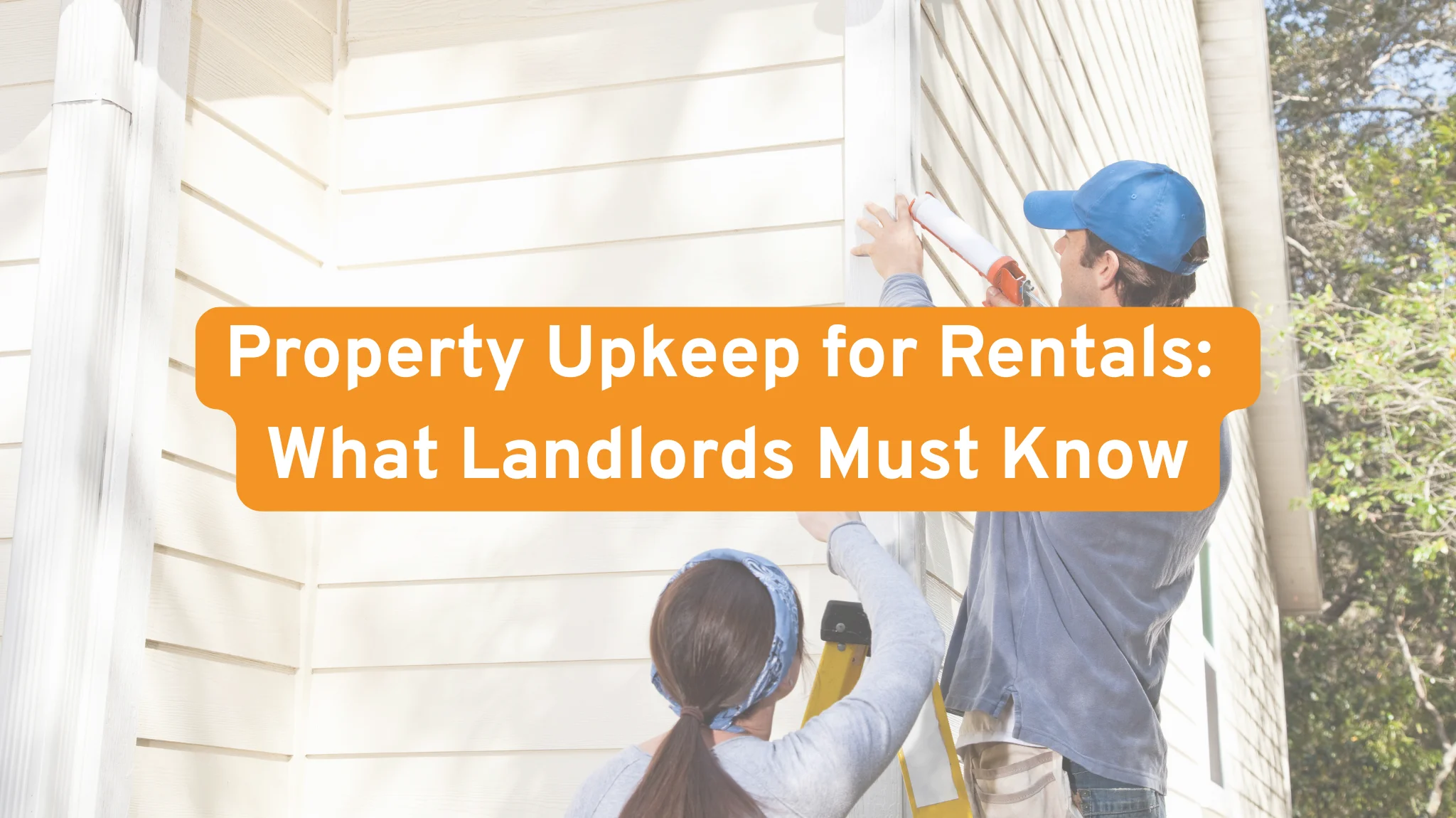Becoming a landlord offers steady income and long-term growth—but it also brings serious responsibilities. Neglecting maintenance can lead to costly repairs and unhappy tenants, while proactive upkeep protects your investment and reduces turnover.
This guide covers the essentials every landlord should know: routine repairs, seasonal checklists, budgeting, tenant communication, and when to hire professionals.
Table of Contents
- Why Property Maintenance Matters for Landlords
- Common Rental Repair Issues
- Preventative Maintenance Strategies
- Seasonal Maintenance Checklist
- When to Hire Professionals
- Budgeting for Maintenance Costs
- Creating a Maintenance Schedule
- Communicating with Tenants about Upkeep
- Benefits of Outsourcing Maintenance
- Final Thoughts
- Frequently Asked Questions (FAQs)
Rental Property Upkeep 101
Becoming a landlord is exciting. It offers steady rental income and the potential for long-term investment growth. But along with the benefits come serious responsibilities—especially when it comes to keeping your property in top condition
Neglecting maintenance can lead to expensive repairs, legal trouble, and frustrated tenants. A proactive approach to maintenance protects your investment. It also makes your property more attractive to good renters and helps keep turnover low.
This guide explains what new landlords should know about taking care of their properties. It includes routine repairs, budgeting, and how to talk to tenants.

Why Property Maintenance Matters for Landlords
Regular upkeep is more than just fixing things when they break.
It’s about:
- Protecting your investment from major damage and value loss
- Retaining tenants by ensuring a safe, comfortable living space
- Complying with laws and local safety standards
- Boosting property value through consistent care
Proactive maintenance saves money in the long run. Fixing a small roof leak today is far cheaper than repairing ceiling damage and mold later. Satisfied tenants are also more likely to renew their leases, which reduces vacancy and turnover costs.

Common Rental Repair Issues
Every rental will eventually face recurring repair problems. Knowing the most common ones and addressing them quickly keeps costs under control and tenants happy.
1. Plumbing Problems
Leaky faucets, running toilets, and clogged drains are frequent issues.
Regular inspections and quick repairs prevent water damage and mold.
2. Electrical Issues
Flickering lights, faulty outlets, or tripped breakers can be safety hazards.
Always hire a licensed electrician for repairs to ensure compliance with local codes.
3. Appliance Breakdowns
Dishwashers, refrigerators, and stoves have limited lifespans.
Annual servicing helps extend their usability and reduces sudden failures.
4. HVAC System Failures
Heating and cooling systems are essential for tenant comfort.
Schedule servicing before summer and winter to avoid emergencies.
5. Structural Damage
Roof leaks, cracked foundations, and damaged siding often follow severe weather.
Inspect the property after storms to catch problems early.
Preventative Maintenance Strategies
Preventative maintenance stops small issues from turning into expensive emergencies.
Key steps include:
- Inspect plumbing for leaks twice a year
- Check electrical systems annually for wear
- Service HVAC units before peak seasons
- Implement seasonal pest control treatments
- Maintain roofing, gutters, and drainage systems
- This proactive approach extends your property’s lifespan, keeps tenants comfortable, and reduces surprise repair bills.
Seasonal Maintenance Checklist
Seasonal upkeep keeps your property prepared for changing weather conditions.
Spring
- Inspect the roof for winter damage
- Clean gutters and downspouts
- Service air conditioning system
- Repair cracked sidewalks or outdoor steps
Summer
- Maintain lawns, gardens, and sprinkler systems
- Check outdoor lighting for safety
- Inspect drainage to prepare for heavy summer storms
Fall
- Service the heating system
- Seal windows and doors to prevent drafts
- Insulate exposed pipes to avoid freezing
Winter
- Clear snow and ice promptly from walkways
- Monitor for ice dams on the roof
- Remind tenants to keep heat on to prevent frozen pipes
- Having a seasonal checklist helps ensure nothing important slips through the cracks.

When to Hire Professionals
Some maintenance tasks are safe for landlords to handle themselves, but others require specialized skills and certifications.
Hire professionals for:
- Electrical work – Ensures safety and code compliance
- Major plumbing repairs – Prevents water damage and costly mistakes
- HVAC servicing – Improves efficiency and extends lifespan
- Structural repairs – Preserves property integrity
- Large renovations – Delivers quality results and proper permitting
While professional services may cost more upfront, they help prevent bigger, more expensive problems in the future.

Budgeting for Maintenance Costs
A good rule of thumb: set aside 1–2% of the property’s value each year for maintenance.
Break your budget into:
- Routine maintenance – Inspections, cleaning, small repairs
- Seasonal tasks – Landscaping, gutter cleaning, HVAC servicing
- Emergency repairs – Urgent, unplanned issues
- Contingency fund – For major unexpected expenses
Review and adjust your budget annually based on the property’s age, condition, and past repair history. Older properties or those in harsher climates often require more maintenance funding.
Creating a Maintenance Schedule
A well-structured schedule ensures nothing gets overlooked and helps spread costs evenly throughout the year.
How to create one:
- List all necessary tasks—monthly, seasonal, and annual
- Prioritize based on urgency and potential impact
- Use a digital calendar or property management software for reminders
- Share key dates with tenants so they know when maintenance visits will occur
- Review and adjust yearly as the property’s needs change
Communicating with Tenants about Upkeep
Clear communication keeps tenants engaged in the upkeep process and prevents small issues from growing.
Best practices:
- Outline maintenance responsibilities in the lease agreement
- Give tenants clear instructions for reporting issues
- Offer a 24/7 reporting method (phone, email, or online portal)
- Respond promptly to show that you value their comfort and safety
- Check in periodically to ask about any concerns
When tenants feel heard, they’re more likely to take care of the property and renew their lease.
Benefits of Outsourcing Maintenance
For some landlords—especially those with multiple properties or limited time—outsourcing can make sense.
Advantages include:
- Time savings – Focus on other aspects of property management
- Access to skilled professionals – Ensures quality work
- Cost efficiency over time – Early issue detection prevents bigger repairs
- Peace of mind – You know problems are being handled promptly and correctly
- Many property maintenance companies offer service packages that cover routine, seasonal, and emergency needs.
Final Thoughts
Property upkeep for rentals is one of the most important aspects of being a landlord. It protects your investment, keeps tenants satisfied, and helps you stay compliant with laws and safety codes.
To keep your rental in great shape for years, make a clear maintenance schedule. Budget wisely and hire professionals when needed. Communicate openly with your tenants.
Stay Ahead of Repairs – Let Osto Handle Your Seasonal Maintenance!
From spring tune-ups to routine maintenance, our team ensures your property stays safe, profitable, and tenant-read. Contact us today!
Frequently Asked Questions (FAQs): Property Upkeep for Rentals
How much should I budget for rental property maintenance?
Set aside 1–2% of your property’s value annually, plus an emergency fund for unexpected repairs.
Can tenants be responsible for some maintenance tasks?
Yes. Small tasks like replacing light bulbs or mowing the lawn can be tenant duties if clearly stated in the lease.
How often should I inspect my rental property?
At least twice a year, plus before and after tenant turnover or severe weather events.
What’s the difference between preventative and routine maintenance?
Preventative maintenance stops problems before they happen (e.g., HVAC servicing), while routine maintenance addresses normal wear and tear (e.g., painting, cleaning gutters).
Should I hire a property management company for maintenance?
If you have multiple rentals or live far away, outsourcing can save time, ensure fast repairs, and keep tenants happy.


